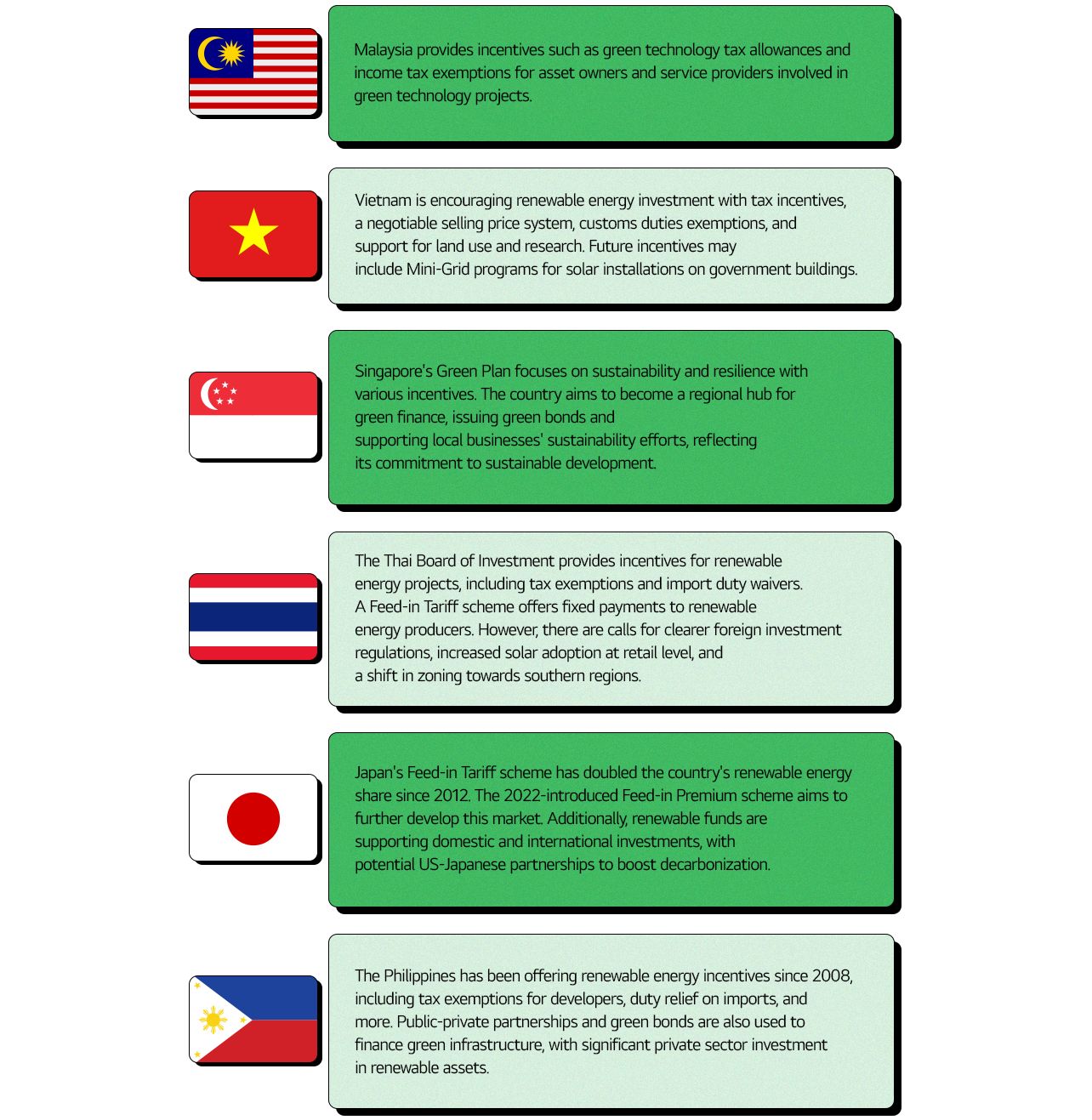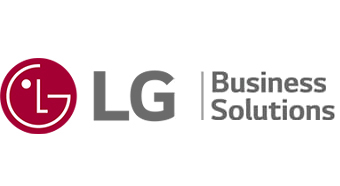-
Embracing the concept of 'electrification' involves transitioning from traditional fossil-fuel powered appliances to modern, energy-efficient ones that run on electricity. This shift encompasses various household essentials, including water heaters, ovens, stovetops, and even automobiles. By making this transition, not only can you potentially save on energy bills, but you also contribute to a cleaner, greener environment. In today's climate, where the cost of gas is escalating, opting for clean electricity generated by solar panels is increasingly becoming the more economical choice. Furthermore, choosing electric appliances powered by solar energy represents a significant step towards reducing carbon emissions and embracing sustainability. Various governmental bodies and organizations worldwide are implementing policies and initiatives to support the transition to home electrification. Let's delve into these measures to gain insight into how individuals interested in electrification can access assistance when embarking on this significant transition.
-
New Policies Promoting Electrification
a. Asia
In Asia, various countries such as Malaysia, Singapore, Vietnam, Thailand, Japan, the Philippines, among others, are currently implementing renewable energy investment incentives. This underscores the growing global significance placed on renewable energy and highlights the increasing prominence of electrification on the international stage.


-
b. Middle East
In the Middle East, Saudi Arabia and the UAE are leading the way in providing incentives for home electrification and the adoption of electric appliances through strategic financial mechanisms. Saudi Arabia supports renewable energy projects via its Public Investment Fund (PIF), promoting investment in regions with significant tax exemptions and incentives aimed at reducing oil dependence. Similarly, the UAE advances green practices through corporate tax reliefs, offering substantial benefits to small businesses and Free Zone companies that meet specific green criteria, like the 0% corporate tax rate on qualifying green income. These incentives form part of a broader regional strategy to embrace economic diversification and sustainability, reflecting a commitment to environmental and economic sustainability. Both countries' efforts exemplify a robust approach to encouraging the adoption of energy-efficient technologies and home electrification, aligning with global sustainability goals.
-
c. United States
In the United States, initiatives have been introduced to support electrification in homes for carbon-free supply as part of ongoing efforts to address energy costs and promote clean energy. These initiatives aim to alleviate financial burdens on American families, particularly in sectors such as heating, cooling, and powering homes, where lower-income households may spend a significant portion of their income on energy bills. Recent legislation, such as the Inflation Reduction Act, has contributed to increased investment in clean energy, with significant private sector involvement. Projections suggest that the deployment of clean energy measures could lead to reductions in electricity rates over the coming decade. Efforts are underway to expand public awareness and engagement regarding these initiatives, with collaboration among various stakeholders to ensure effective implementation and utilization of available resources.
Source: https://www.doi.gov/pressreleases/biden-harris-administration-announces-72-million-presidents-investing-america-agenda
-
d. Europe
EU negotiators have reached a significant agreement to phase out fossil fuel boilers in all buildings by 2040, a move aimed at decarbonizing heating across Europe. This decision, reflected in the 'Energy Performance of Buildings' law, mandates zero emissions from fossil fuels for new buildings by 2030 and for all buildings by 2050. The clarity provided by setting these deadlines is crucial for consumers and paves the way for the heating sector, making investments in heat pump solutions a forward-looking choice. With this agreement, individuals can confidently opt for heat pumps, supported by a robust industry ready to meet demand and create additional jobs. Additionally, the deal establishes minimum energy performance standards and promotes the renovation of poorly insulated buildings, ensuring healthier and more comfortable homes for vulnerable households. As Europe continues its transition to renewable energy, this agreement sets the pace for a greener, more resilient future.
Source: https://www.ehpa.org/news-and-resources/press-releases/eu-deal-sets-path-to-heat-decarbonisation/
https://www.ehpa.org/news-and-resources/news/ehpa-manifesto-priorities-for-eu-policy-2024-2029/
-
Further Support for Home Electrification
In addition to the previously mentioned incentives, there are various other support systems designed to further incentivize home electrification. These include additional federal and state grants, loan programs tailored to energy-efficient upgrades, and local utility company rebates, all aimed at making the transition to cleaner energy sources more accessible and cost-effective for homeowners.
-
a. United States
1. IRA
The Inflation Reduction Act, a significant legislative milestone in the United States, allocates nearly $400 billion to bolster clean energy initiatives and combat climate change, with a notable $8.8 billion earmarked for Home Energy Rebates. These rebates, encompassing Home Efficiency Rebates and Home Electrification and Appliance Rebates, are designed to provide financial benefits directly to American households, enabling savings on selected home improvement projects that reduce energy bills. The Department of Energy (DOE) anticipates that these initiatives could lead to an annual saving of up to $1 billion for households and support the creation of over 50,000 jobs across the country. Although the Home Energy Rebates are not yet accessible, the DOE projects that numerous states and territories will commence their respective programs in 2024. Meanwhile, households seeking immediate support may find eligibility in other federal offerings, such as tax credits or the Weatherization Assistance Program, as the DOE’s Office of State and Community Energy Programs (SCEP) facilitates applications for program funding from states and territories.


-
b. Europe
1. Heat Pump Grant
In a significant push to promote eco-friendly heating, the British government has enhanced the Boiler Upgrade Scheme by increasing heat pump grants from £5,000 to £7,500 as of October 2023, encouraging homeowners to transition from fossil fuel to more sustainable heating options like air and ground source heat pumps. This initiative, which aligns with efforts to diminish the UK's carbon footprint and is supported by complementary schemes like the Great British Insulation Scheme, reflects a commitment to significantly boost heat pump installations to 600,000 annually by 2028.
In early 2023, France's MaPrimeRénov scheme offered grants of up to €15,000 for ground source heat pumps and €9,000 for air source heat pumps for existing properties, with the program's continuation planned for 2024 and grants scaled according to family income. Reflecting the success of this initiative, over 620,000 heat pumps were sold in 2022, and in September 2023, French Minister for Ecological Transition Christophe Béchu announced an increase in subsidies to equate the net cost of heat pumps with gas heaters for low-income families, alongside ambitions to expand national production to 1 million units annually.
As of early 2023, Germany offers grants up to €18,000 for ground source and €15,000 for air source heat pump installations in existing properties, with the scheme set to continue until 2030. An update in January 2024 increased the maximum subsidy to €21,000, catering to all income levels but providing additional support for low-income families, reflecting the surging interest demonstrated by nearly 350,000 funding applications in 2022.
In Spain, households installing an air source heat pump can avail themselves of grants up to €3,000, covering 40% of the cost, with the program running until 2026 as per the Ministry of Transport, Mobility and Urban Agenda. Additionally, for those opting for ground source heat pumps, a grant of up to €13,500 is accessible, highlighting the country's support for sustainable heating solutions.
Throughout the rest of the European Union, numerous countries offer grants and incentives to encourage the installation of heat pumps, with support varying significantly by nation. For instance, Austria provides grants covering up to 35% of costs, up to €5,000, while Croatia offers up to €4,250, increasing the subsidy in less developed areas to between 60% and 80%, with a maximum of €8,500. In the Czech Republic, Denmark, Ireland, Lithuania, the Netherlands, and Norway, the grants range from as low as €1,000 in Norway for ground source heat pumps to up to €14,500 in Lithuania, catering primarily to renovations but also extending to new buildings in countries like Austria and Lithuania. This wide array of financial support highlights a strong European commitment to enhancing energy efficiency and sustainability through the adoption of heat pump technology.
Source: https://www.euronews.com/green/2024/01/21/heat-pumps-government-subsidies-in-europe-are-making-green-tech-more-affordable
-
2. EV Charger Incentive
Governments across Europe are also actively promoting the shift to electric vehicles (BEVs) by offering various tax benefits and purchase incentives, underscoring a commitment to an electric future that hinges on collective action. While approaches differ by country, a common trend across eight minor European fleet markets includes exempting EVs from certain taxes, alongside more modest measures to support the acquisition of the vehicles and the development of necessary charging infrastructure.
Source: https://www.fleeteurope.com/en/new-energies/europe/features/ev-incentives-2024-europes-minor-fleet-markets?a=FJA05&t%5B0%5D=Taxation&t%5B1%5D=EVs&curl=1
-
LG Makes Things Easier with Home Electrification Packages
LG is paving the way for easier home electrification with its Home Electrification Packages, which bundle electric and efficient products together. These packages are designed to provide energy efficiency, cost savings, and environmental benefits by incorporating renewable energy solutions. Furthermore, they enhance reliability, convenience, and control over energy consumption through the inclusion of smart appliances and energy management systems. This initiative by LG represents a significant step forward in making sustainable home energy solutions more accessible and user-friendly.


-
The journey towards home electrification is gathering momentum across the globe, with governments in Asia, the United States, and Europe rolling out a range of incentives, from tax benefits to grants, aimed at making the switch to renewable energy sources more appealing and financially viable for homeowners. Moreover, companies like LG are contributing to this shift by offering Home Electrification Packages that promise not only to reduce carbon footprints but also to enhance the convenience and control homeowners have over their energy use. Together, these efforts paint a promising picture of a future where clean, sustainable energy solutions are within everyone's reach, signaling a collective move towards a greener, more sustainable planet.




